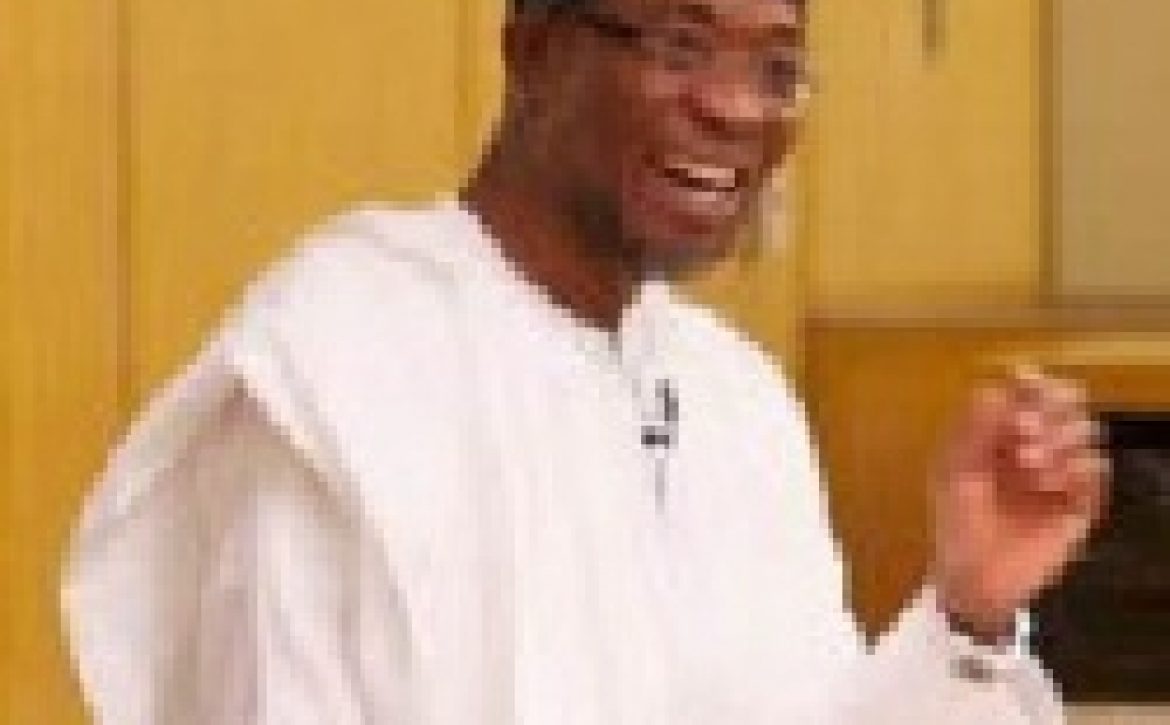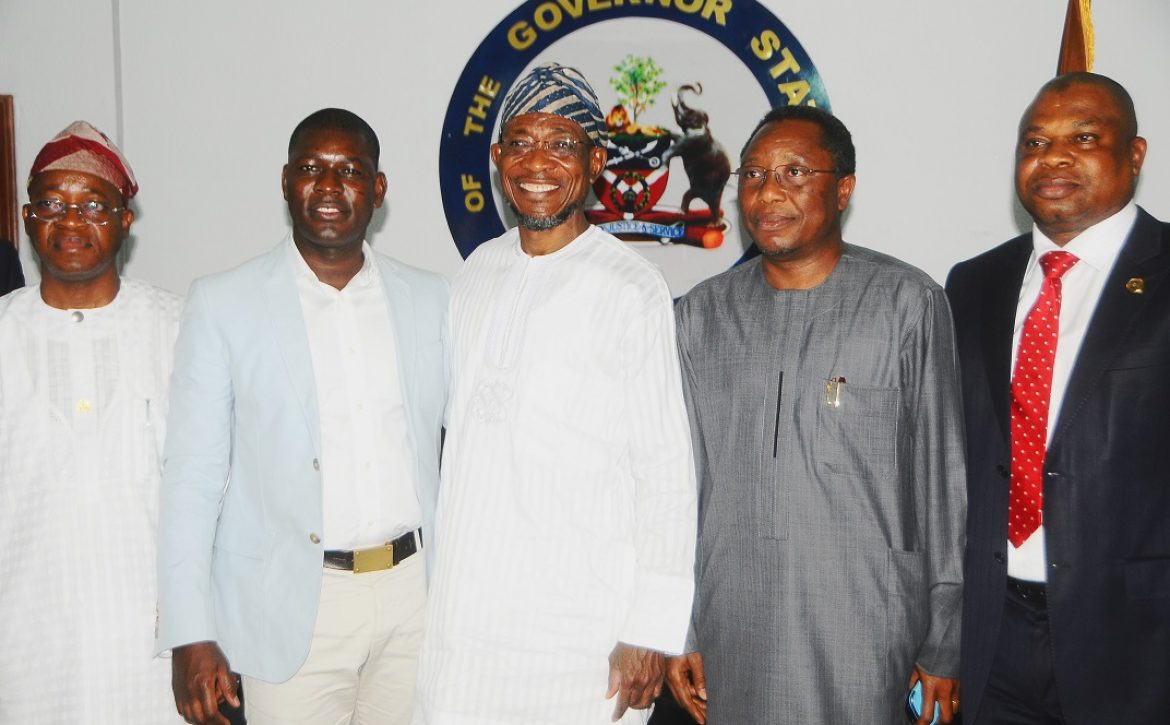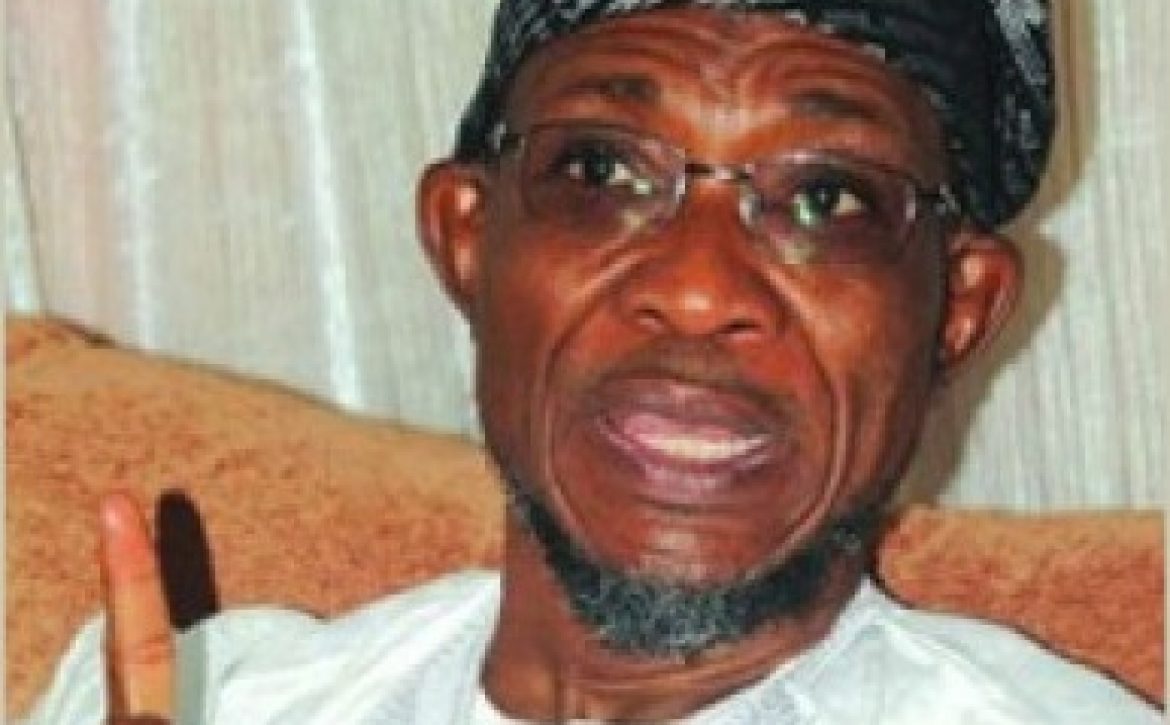 The budget is being creatively used as the engine room for Ogbeni Aregbesola’s Six-Point- Integral Action Plan. This in itself shows that a roadmap is in place and that the budget will be used to implement it.
The budget is being creatively used as the engine room for Ogbeni Aregbesola’s Six-Point- Integral Action Plan. This in itself shows that a roadmap is in place and that the budget will be used to implement it.
Presenting the budget the Ogbeni emphasized that “The budget is about growth enhancement and development. It clearly shows the ratio that is of best international practices, in terms of recurrent and capital expenditure. That is why our capital expenditure is far higher than the recurrent expenditure.
“Part of our agenda is to drive the IGR more critically in the 2014 fiscal year. We have to use innovative financing with adequate measure to provide necessary financial structure for most of our developmental project. We will focus clearly on Public Private Partnership (PPP) initiatives, which is the practice going round all over the world now.”
That this year’s budget is lower in size than that of last year’s is not the Ogbeni’s fault or that of his government. It is another fall-out, arising from Nigeria’s defective quasi-federalism. The 2014 budget is slimmer because of the reduction in the oil benchmark from $79 barrel to $77.5 per barrel as well as of course the numerous cases of oil theft with its attendant reduction in remittance to the federation account by the Nigeria National Petroleum Corporation (NNPC), and which has also sadly led to drastic reduction in allocations to states.
This is a damning condemnation of the government at the center. It also shows the difference between the two approaches. For example, the central government is just prepared to as it were swim along with the tide. Whereas in contradistinction the government of the state of Osun really wants to make a concerted effort to break out of the vicious circle of boom and bust. Here the difference in approach is clear.
The emphasis placed on growing the state’s internally generated revenue (IGR) is important. It is a very sensible way out of breaking out of the dependency syndrome and unhealthy reliance on the centre. As the Ogbeni stated innovative financing is essential to provide the necessary financial structure for most of the state’s developmental projects. This is a commendable example of the Ogbeni’s capacity to think outside of the box.
Think outside of the box, this contrarian has actually done. Notably for example in being able to use new emerging financial instruments such as the sukuk. A key element here is that the Ogbeni appreciates the need for the use of ‘social capital’. Social capital is more than important at this stage of development. It fulfills the need to direct long-term capital and finance as a way of developing the state’s social and physical infrastructural base. It is only a co-habitation of the state and the private sector through Public Private Partnerships (PPP) that can achieve this.
This the Ogbeni realizes. This means that co-partnerships in this direction will be intensified in the years ahead. The enhancement of prudent management of meager resources and the emphasis on social capital will certainly help to deepen the state’s developmental base. Furthermore it will lead to social cohesion and social solidarity. This has already manifested itself. Osun state has demonstrably known peace for the first time in a long while.
Gone for example are the days of blood and thunder under Oyinlola ancient regime. This is as a result of the ongoing socio-economic transformation. Employment generation for example is absorbing a lot of hitherto restless unemployed youth. A future is now being created for them. This means that there is less canon- fodder for people like the discredited Iyiola Omisore to use and subsequently dump.
We commend the symbol of our aspirations in the state of Osun for the policy thrusts in this budget. Through it the foundation for the construction of a new era in Osun state is being laid. A glorious future awaits a much denied populace. The expected overwhelming endorsement of the Ogbeni through re-election this year will further consolidate this. In the state of Osun, we are on our way to ‘life more abundant.’ And about time too.
OSUN DEFENDER















